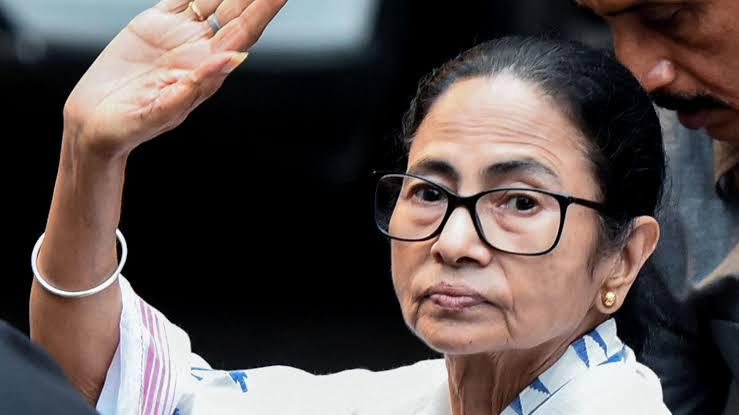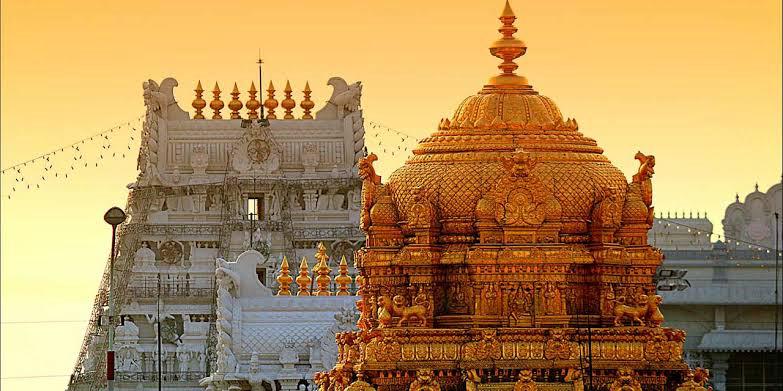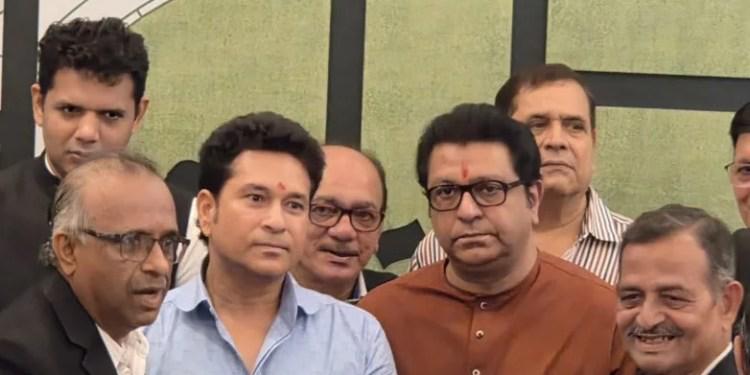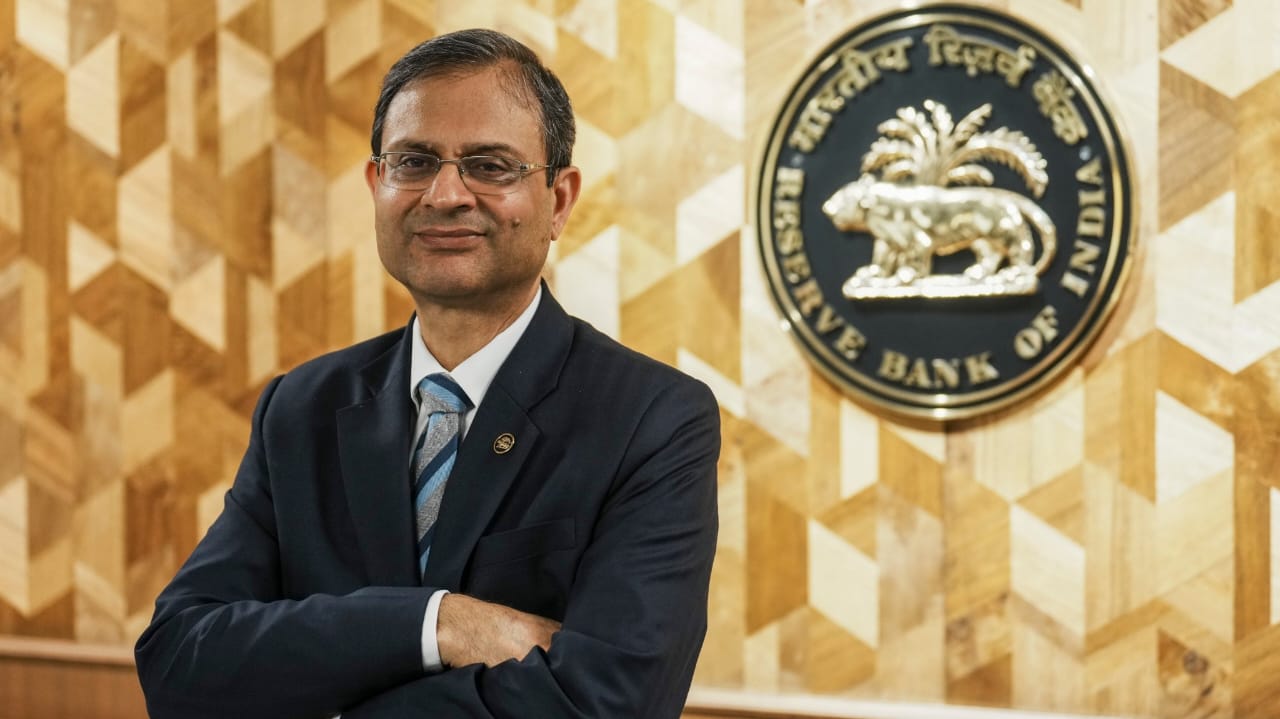 Image Source: Indian Express
Image Source: Indian Express
Key Developments
West Bengal Chief Minister Mamata Banerjee has warned the state stands to lose an estimated Rs 20,000 crore in revenue due to the Centre's recent Goods and Services Tax (GST) rate cuts
Banerjee alleges the Union government is claiming undue credit for the reforms, while passing the burden of lost revenue onto non-BJP-ruled states
The new GST regime, effective from this week, lowers taxation on 375 categories ranging from daily goods and medicines to vehicles and insurance, with the Centre branding it a savings boon for households and industry
Breaking Down the State’s Losses
The Chief Minister asserts the GST reforms, while providing relief for consumers, will notably disrupt the fiscal balance for West Bengal
Banerjee says critical social schemes like 100 Days Work, Awas Yojana, and other development funds have already faced delays or reduction, and the GST revenue dip may further constrain the state’s capacity for welfare investment
Despite initiating the demand for lower GST on health and life insurance, Banerjee claims the Centre has not compensated states for this revenue cut, leaving the state to absorb the financial impact
The Politics of Credit and Compensation
Mamata Banerjee has accused Prime Minister Narendra Modi and the ruling coalition of taking full credit for the GST rate rationalization, dubbing the launch a GST Bachat Utsav or Savings Festival
Banerjee underlines that West Bengal was the first to press for lower GST rates on health and insurance items, arguing that the Centre is launching headline reforms at the state’s fiscal expense
Opposition leaders from other states, such as Karnataka and Telangana, have echoed similar concerns, demanding a compensation mechanism from the Union government to address the loss of state revenues
Consumer Relief Versus State Capacity
The reduction in GST rates has led to immediate price cuts on a variety of essentials: toothpaste, food items, clothing, medicines, electronics, cars, two-wheelers, and agricultural equipment, all now attracting lower tax rates
Central estimates suggest the reforms will save Indian households up to Rs 2.5 lakh crore annually, with daily savings in grocery bills, insurance, and other purchases
However, state governments such as West Bengal caution that consumer benefit could come at a steep cost to public investment in health, education, and employment initiatives
Emotional and Cultural Stakes
Addressing a Durga Puja inauguration in Kolkata, Banerjee combined fiscal concerns with cultural pride, defending West Bengal’s leadership on public welfare and language rights amid allegations of discrimination against Bengali-speaking migrants in other states
She vowed to keep raising the GST compensation debate, pledging transparency and continued pressure on the Centre for fair revenue sharing and recognition of the state’s fiscal challenges
Reactions Across the Board
Business chambers and industry analysts largely back the GST overhaul as a short-term consumer win and a step toward a simpler, investment-friendly tax regime
Political response remains sharply polarized: the Centre touts boosted growth and disposable income while opposition states stress the need for revenue protection and a fairer compensation framework
Further debate and potential legal challenges are expected as states scrutinize the impact of the sweeping changes on their social spending capacity
Sources: Indian Express, Hindustan Times, Business Standard, National Herald India
Please get more news
H1-B Visa Fee Relief Could Be Lifeline for Doctors Eyeing U.S. Careers
Advertisement
Advertisement







